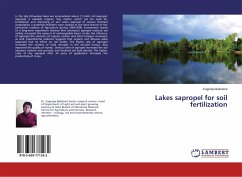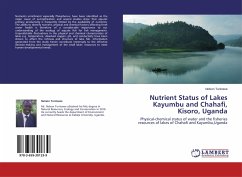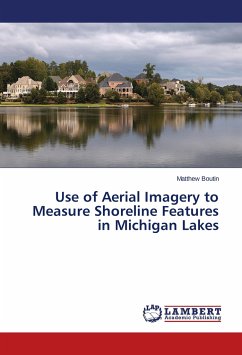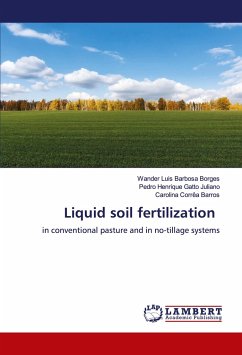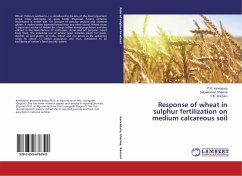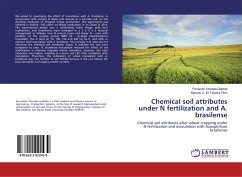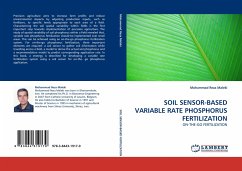In the silty Lithuanian lakes are accumulated about 1,5 mlrd. m3 sapropel. Sapropel is valuable organic, limy matter, which can be used for fertilization and improving of soil. Lakes sapropel of various chemical composition a potential fertilizers were studied at the Voke Branch of the Lithuanian Institute of Agriculture during 1984-2008. Summarised results of a long-term experiment showed that calcareous sapropel reduced soil acidity, increased the amount of exchangeable bases. Under the influence of sapropel the contents of organic carbon and total nitrogen increased, as well. Experimental evidence suggests that organic and siliceous lakes ssapropel had no effect on soil acidity. The higher rate of sapropel increased the content of total nitrogen in the soil and humus. Also improved the quality of humus. Various rates of sapropel increased the soil moisture content and porosity, and declined soil bulk density. The higher rates of dry sapropel after 24 years of application increased the productivity of crops.
Bitte wählen Sie Ihr Anliegen aus.
Rechnungen
Retourenschein anfordern
Bestellstatus
Storno

